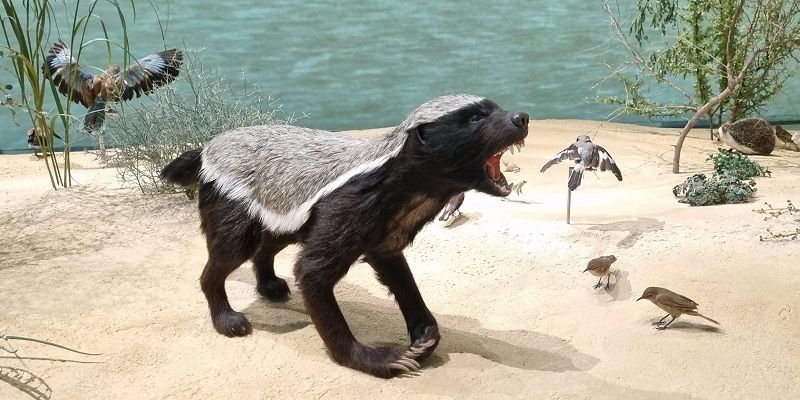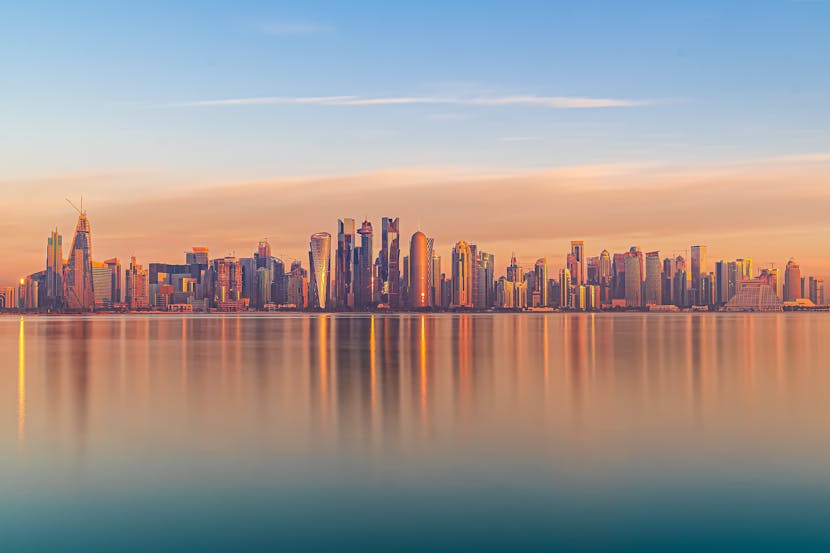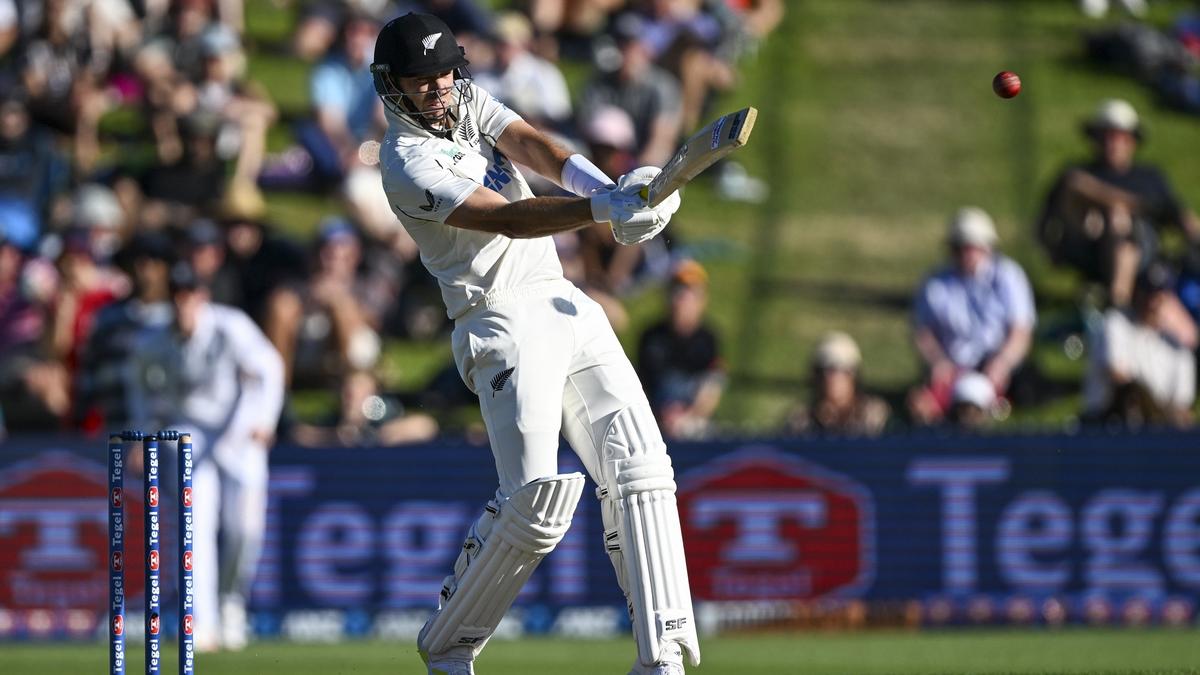Education and inspiration: How National Museum of Qatar engages audiences with immersive experiences

Launched in 2014, PhotoSparks is a weekly feature from YourStory, with photographs that celebrate the spirit of creativity and innovation. In the earlier 825 posts, we featured an art festival, cartoon gallery. world music festival, telecom expo, millets fair, climate change expo, wildlife conference, startup festival, Diwali rangoli, and jazz festival.
Qatar’s capital Doha has been host to a number of major tech events in 2024. They include Web Summit (held in the Middle East for the first time) and Digital Creator Awards (with over 100 prominent digital creators from across the Arab world).
Ooredoo Qatar organised M360 MENA in partnership with GSMA and the Ministry of Communication and Information Technology, while the Digital Ecosystem Conference was a flagship event of the Ooredoo Group. Such events help cement Qatar’s position as an emerging business hub in the vibrant Persian Gulf region.
In addition to business and tech activities, the government agency Qatar Museums has helped make the city a vibrant centre for arts, culture and education. The museums help ignite new thinking, spark critical cultural conversations, and spread awareness about environmental stewardship and sustainable practices.
The newly launched Creative Hub supports projects such as photo festivals, fashion and design initiatives, and artists in residence. For scholars and students, the National Museum of Qatar offers a research centre, labs, and digital archives.

See Part I and Part II of our photo essay on the unique architecture and immersive gallery spaces of the museum. There is also a traditional food forum and a landscaped park with Qatar’s indigenous plants.
The first few galleries of the museum take visitors on a journey through time and space, revealing our planet as it may have been hundreds of millions of years ago. Diverse habitats and species are depicted across landscapes and seascapes.
Audio-visual experiences in the form of surround sound and movies immerse visitors in the world of sand flowing over canyons and through time. A film directed by Jananne Al-Ani creatively combines aerial footage of archaeological sites with close-up images of artefacts.

Stone-cutting tools, arrowheads, and fragments of pottery reveal the work of archaeologists in piecing together historical narratives from meticulous excavations. In large-format oral histories, Qatari people share memories of their traditional lifestyle.
These memories are also illustrated with camel saddles, leather water bags, and navigation instruments. There are special exhibits for children to track animals in the desert and to navigate by the stars.
Other features for children are the Nakilat Adventure Ship, a playground constructed to resemble the wreck of a traditional Qatari boat. Children can learn about sailing, pearling and fishing.

Rituals around the birth of a baby camel reflect the close connection between people and animals in the arid regions. Falcons were used extensively for hunting, while camel caravans and fleets of dhows powered regional trade.
Director Mira Nair’s movie Nafas (Breath) narrates the story of pearl divers and their hardships. They were often separated from their families for months on end, while they depended on the generosity of the seas.
Another evocative film by Peter Webber addresses more recent phases such as the unity of diverse tribes into a single nation. It is inspired by techniques like shadow theatre, provoking a sense of curiosity among viewers.

The industrial wave is well-captured in an interactive digital wall with hundreds of images and archived documents representing Doha’s transformation. John Sanborn’s movie (Alchemy) explores how the discovery of liquefied natural gas (LNG) transformed the economy.
The concluding sections of the gallery feature large digital installations capturing the new opportunities and horizons that open up for Qatar. The museum has also released publications such as Splendours of the Atlas: A Voyage through Morocco’s Heritage and a catalogue on the exhibition titled Manzar: Art and Architecture from Pakistan –1940s to Today.
The exhibition includes a selection of around 200 paintings, drawings, photographs, videos, sculptures, installations, tapestries, and miniatures. It reveals the deep engagement of artists and architects in continuity and discontinuity, with a commitment to resilience and sustainability.

Qatar Museums has commissioned large public art installations in a number of locations. The artist and sculptor lineup includes Saloua Raouda Choucair, Subodh Gupta, Ali Hassan Al Jaber, Roch Vandromme, Bouthayna Al Muftah, Damien Hirst, Tony Smith, Sarah Lucas, and Richard Serra.
The museum’s archaeology team collaborates with counterparts in other parts of the world as well. For example, the Qatar-Sudan Archaeology Project aims to develop research and protect heritage in the Sudan.
Now what have you done today to pause in your busy schedule and harness your creative side for a better world?













(All photographs were taken by Madanmohan Rao on location at the National Museum of Qatar.)
Related
Trump calls for end to daylight-saving time
US President-elect Donald Trump announced on Friday that he is renewing his efforts to end daylight savings. In a Truth Social post on Friday, Trump
170,000sq m GLA to be ready in Qatar’s office segment…
An additional 170,000sq m gross leasable area (GLA) is expected to be delivered in Qatar’s office segment by the year-end, ValuStrat Research said in a report
Two Hyd women tortured in Qatar, kin move embassy |…
Hyderabad: Two women from the city who went to work in Qatar have complained to their families that they were being physically tortured and made to work witho











